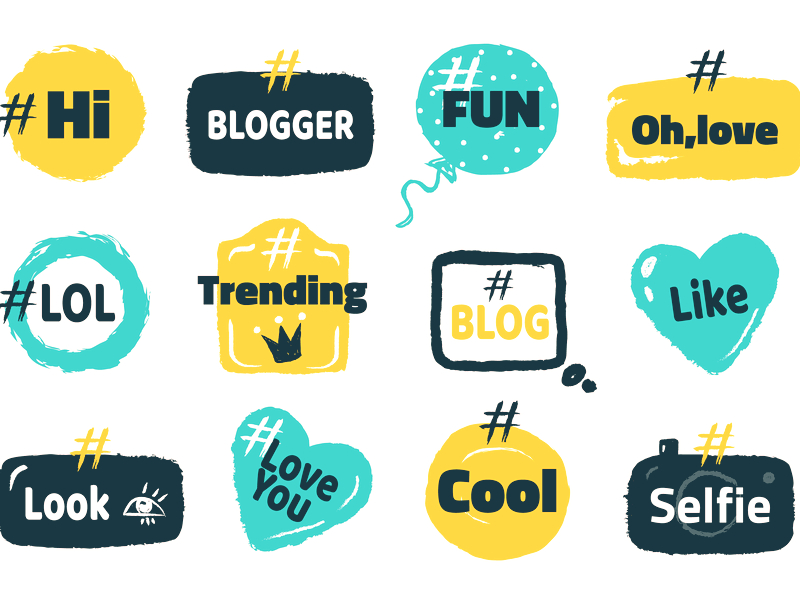

#secretsociety123 – a community of people who engage in non-suicidal self-harm #ednos – eating disorder not otherwise specified By searching for the hashtag, they can band together with others discussing, and sometimes encouraging, the same topics. Teens can use coded or abbreviated hashtags on social media to reference drugs, suicide, mental health, and eating disorders. Problematic hashtagsĪs well as keeping an eye on online slang, it’s worth being mindful of problematic hashtags too. Expressions can quickly become dated or perceived as embarrassing to use. Remember: internet slang comes and goes, with words sometimes appearing from nowhere and disappearing just as fast. Xan – short for Xanax, an anti-anxiety medication that is sometimes abused recreationally

Throw shade – saying something nasty about someone, often passive-aggressively

Snack – an attractive person (sometimes also spelled ‘snacc’) Pron – a way to say ‘porn’ without sending alerts to parents or being blocked by restrictive apps Netflix ‘n’ chill – meeting up ostensibly to watch movies but usually to make out or hook up Short for ‘baby’ or else an acronym for ‘before anyone else’īasic – someone or something viewed as boring or conformistĬatfishing – using a fake social media or dating profile to pretend to be someone elseĭown in the DM – direct messaging people on social media, often for the purpose of hooking upįlaming – sending angry, rude, or obscene messages to someone, either publicly or privately Examples include:Īddy – Short for ‘Adderall’, which is used for treating ADHD but can also be abused recreationallyĪF – as f*ck (used to emphasize a point – e.g. They are not necessarily harmful but could indicate that your teen is involved in more mature activities, which could require your advice as a parent or caregiver. Other examples of popular internet slang may be more concerning. WTF – what the f*ck Internet slang for parents to keep an eye on Woke – someone very aware of social justice issues YOLO – you only live once (often expressed ironically) Yeet – exclamation of excitement, approval, surprise, or all-around energy Tea – gossip, story, news (to ‘spill the tea’ is to share gossip, to ‘sip tea’ is to mind your own business) Noob – someone who is new or bad at something Some of the more innocuous or funny expressions include:Įxtra – acting in a dramatic or exaggerated way Fun or harmless internet slangĪ lot of teen slang is fun or harmless and gives teens a sense of independence or individuality when using it. In this overview, we look at different types of internet slang to decode what teens and tweens are talking about online. While some slang words are harmless, parents may find other terms more concerning, with some being used to discuss topics such as sex, drugs, mental health and eating disorders. That said, seemingly random words can come out of nowhere (and disappear just as fast) thanks to the influence of music, the internet, apps, social media, celebrities, and regional vernacular. Abbreviations – removing letters from words to make them shorter (usually to save on keystrokes or to stick within character limits), for example using ‘tho’ instead of ‘though’.Acronyms – taking the first letter of multiple words to form a new word, such as 'lol' for 'laughing out loud.'.Replacing words with similar-sounding characters – for example, ‘are’ becomes R, or ‘too’ becomes 2.Internet slang often follows one of three forms: But if parents want to stay ITK – that’s in the know – about what their kids are talking about online, then it’s important to learn their language. Popular internet slang words change rapidly, so it can be hard to keep up.


 0 kommentar(er)
0 kommentar(er)
